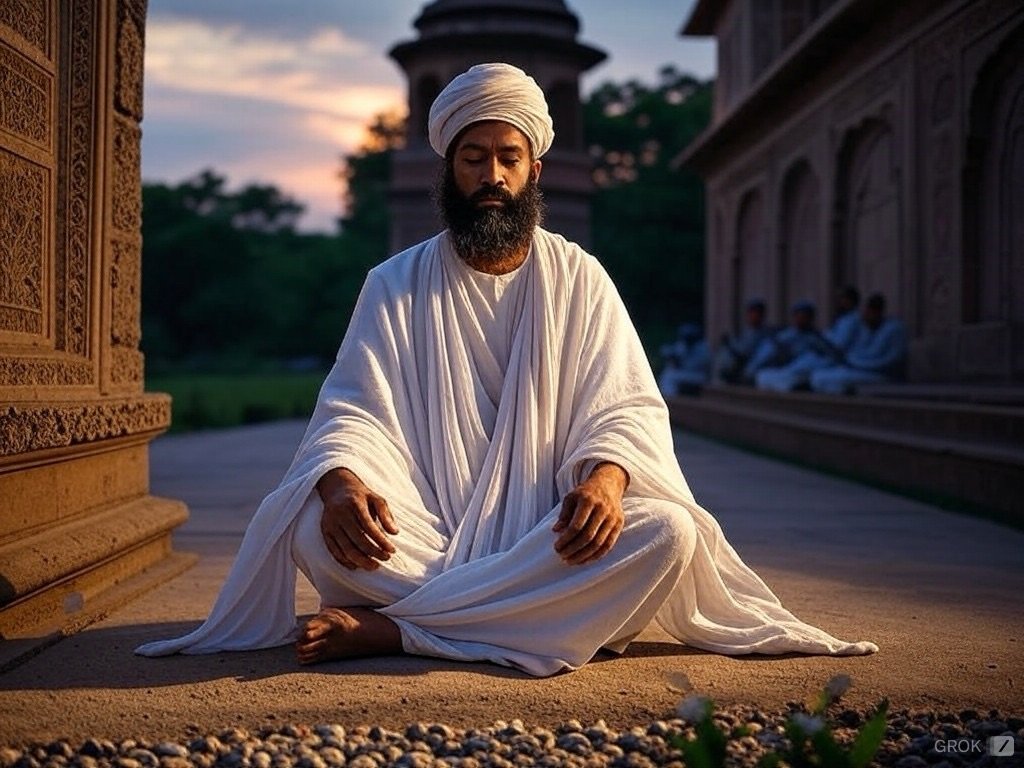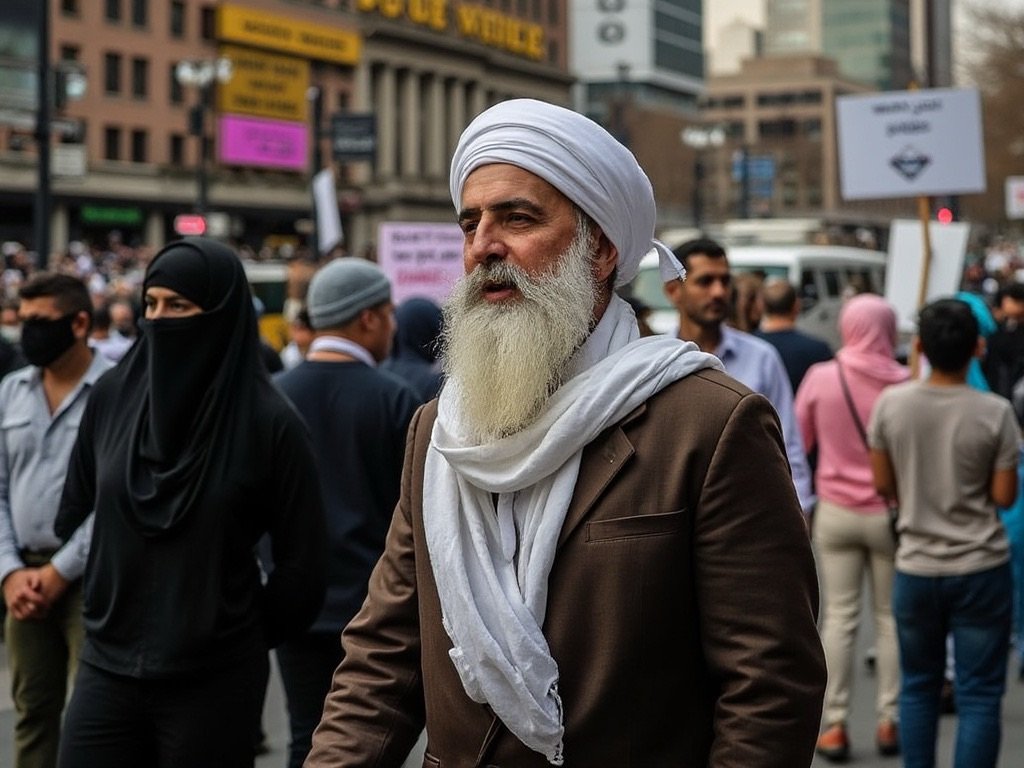In a nation as diverse as India, where different cultures, religions, and ethnicities coalesce, the stories of individuals who transcend societal barriers to achieve excellence become all the more significant. For young people, especially those from marginalized communities like Muslims these stories offer hope, inspiration, and direction. In today’s climate, where some elements push divisiveness and hate, Muslim youths, instead of falling for such rhetoric, should look up to the achievements of sportspersons especially Muslims, who have not only excelled in their fields but also made the nation proud.
Nikhat Zareen is a shining example of resilience and determination.
Hailing from a conservative society where girls are often discouraged from participating in sports, Nikhat broke through the barriers and became a world champion in boxing. Her triumph in a male-dominated sport sends a powerful message: that gender is not barrier to success. Nikhat’s journey has not been easy. She had to fight not just her opponents in the ring but also societal norms that discouraged her participation in boxing. Despite the odds, she persevered, proving that with determination and grit, one can overcome any obstacle. Her success is not just personal; it’s a symbol of empowerment for Muslim girls, reminding them that no dream is too big. For Muslim youths, especially girls, Nikhat’s story is a clarion call to pursue their passions fearlessly, without succumbing to external pressures. In a world where hate mongers try to create divisions, role models like Nikhat show the strength of unity, hard work, and dedication.
Another name that shines bright in the Indian sports scene is Mohammed Shami, one of India’s most formidable fast bowlers. Shami’s journey to the top is marked by hard work, humility, and a relentless pursuit of excellence, Coming from a modest background, Shami faced numerous challenges, but his talent and perseverance saw him rise to become a key player in Indian cricket. Shami’s success is a testament to the power of talent, discipline, and dedication. Despite facing personal and professional challenges, including instances of communal targeting Shami remained focused on his game, earning respect and admiration from cricket lovers across the world. For young Muslim men, Shami’s journey highlights that success comes through hard work, regardless of the obstacles. Instead of being influenced by divisive narratives, youths can follow in the footsteps of Shami and channel their energy toward building a future where their talent speaks louder than their identity.
In today’s socio-political environment, it’s easy for youth to fall prey to negative influences that exploit their frustrations and insecurities. Hate mongers often target the vulnerable from amongst the minority communities. This leads to division and marginalization, pushing young people further away from their potential. Instead of succumbing to this negativity, Muslim youth should look to the examples set by individuals like Nikhat Zareen and Mohammed Shami. The key takeaway from the success of athletes like Zareen and Shami is that sports can be a unifying force. It brings together people from different backgrounds and highlights the common values of hard work, perseverance, and discipline. By following the path of these sports heroes, young Muslims can rise above the narratives of hate and division. It’s important for the community to provide platforms where young talents can flourish. Whether through sports, education, or other fields, opportunities for growth should be created and nurtured. Role models like Zareen and Shami prove that with the right focus and determination, anyone can overcome challenges and achieve greatness.
In an era where polarization is rampant, these sportspersons stand as symbols of unity, excellence, and hope. They remind us all that greatness knows no religion or ethnicity, and that the best way to combat hate is by focusing on building one’s own future, just as they have. For young Muslims, these figures are beacons of what is possible, and following their path can lead not just to personal success, but also to national pride.
- Resham Fatima
International Relations
Jawaharlal Nehru University



